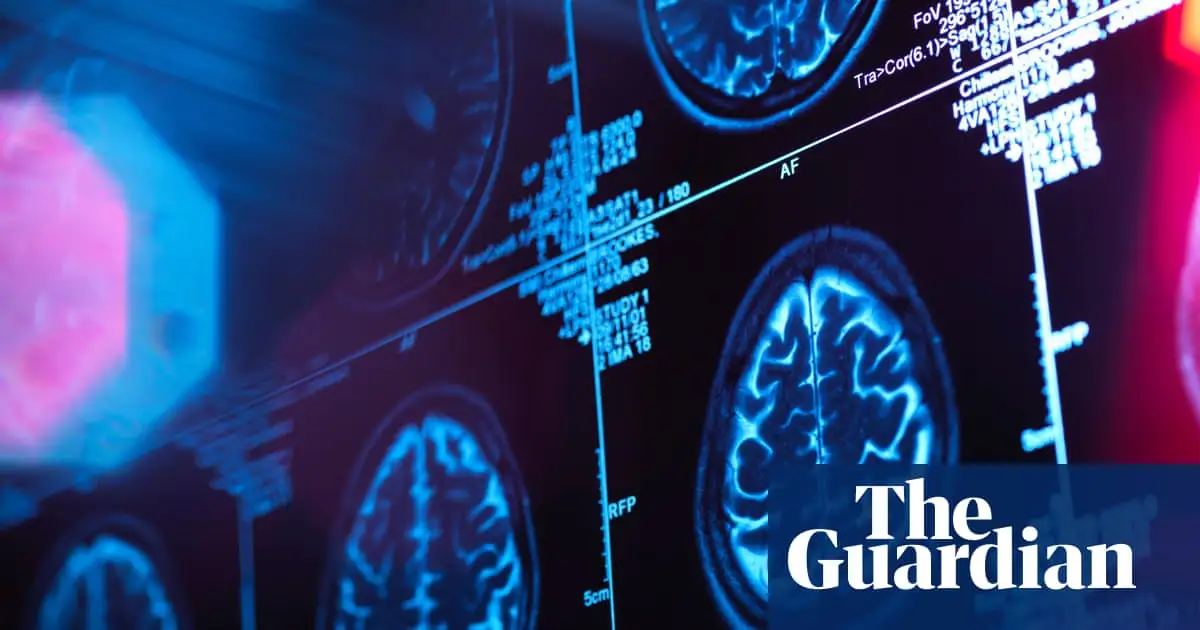- cross-posted to:
- [email protected]
- cross-posted to:
- [email protected]
Finding that clearance of fluid in mice brains is lower in sleep and anaesthesia runs counter to dominant view in neuroscience
Archived version: https://archive.ph/n7oN2
Sleep is so you can move the transactions from RAM to long term storage.
And reindex, also to throw random shit together and see if any meaningful connections come of it - well that’s my explanation of dreams anyway.
I think you might be onto something. There’s been so many times where I’ve had a technical issue I can’t resolve, and sleeping on it results in an answer in the morning. Or often even a Eureka moment in the middle of the night. I’m certain that sleep helps you dredge up missing connections between ideas.
I used to really feel this when. I was younger. Sometimes I would wake up and be able to do the thing I was trying to do yesterday but couldn’t.
Memories seem to become more stable in the brain during the deep stages of sleep. After that, REM—the most active stage of sleep—seems to play a role in linking together related memories, sometimes in unexpected ways. That’s why a full night of sleep may help with problem-solving. REM sleep also helps you process emotional memories, which can reduce the intensity of emotions.
Thanks, very cool!
Well, damn, they stole my idea from 1975!!
Thanks for the link.
Regression testing
I always thought that too. Or maybe like cold storage as there is a thing about short term memory https://en.wikipedia.org/wiki/Short-term_memory and working memory https://en.wikipedia.org/wiki/Working_memory#Capacity. Seems like we have very littel ram but maybe that is cache. im not sure.
OG Batch processing, bro
Why is excersise always the answer?
Our body is made to move, so much of our body is dedicated to it, so much of our brain is dedicated to it.
Idk why but it makes sense
Not always.
Only for those people whose activity level is less than the body expects / requires.
Which is most people in the “Western World”
My gardener friend’s health issues are not ones that could be solved by exercise. They have a heart condition caused by over exercise just from their job.
Serious question, what heart condition does one get from over exercising (we can over-exercise other muscles, so why not the heart)?
I’m not doubting, just wondering what to go lookup.
Anything that doesn’t allow adequate rest and recovery becomes a damaging stressor.
In this case it’s Arrhythmia
So he has an arrhythmia and contues working hard? Do you know what type of arrhythmia? Everything I’ve read about them seems they’re rather debilitating when they occur (depending on the type).
Really interesting situation here, I can’t imagine working through something like that (I’ve had it happen, randomly, so docs can’t diagnose. But it’s no fun, and I can’t imagine trying to do anything while it’s occurring).
Exercise can also be very damaging to people with ME/CFS as it triggers Post Exertional Malaise (PEM), which sometimes permanently reduces a patient’s baseline.
Ah, downvotes by the ignorant.
Exercise (moving muscles) helps the lymphatic system ‘pump’ cellular waste to areas it can be processed.
Next you’ll be telling me that horse stance doesn’t really channel chi from the sky into the Earth.





